World Bamboo Day 2024
*Pre-registration starting time: 1st July 2024
*Register form: http://forms.gle/5GRZuoud7tw7riLa9
Background of the event of World Bamboo Day 2024 at Chiang Mai University
Bamboo is the most sustainable – ecofriendly - renewable natural resource used for various purposes. It is used to make small products, furniture and to construct houses and structures. World Bamboo Day is a day of celebration to increase the awareness of bamboo globally to promote cultivation and usages of bamboo as well as traditional uses locally for community and economic development. World Bamboo Day was officially established on September 18 at the 8th World Bamboo Congress held in Bangkok in 2009. This celebration was initiated by Mr. Kamesh Salam, former president of World Bamboo Organization. Since then, this day is a world-wide event gathering hundreds of thousands of people to manifest the importance of bamboo as a plant companion for humanity. The day was unanimously declared on September 18th to coincide with Royal Thai Forestry Day of Royal Govt of Thailand.
The 4th International Bamboo Workshop on bamboo in the Asia and the Pacific: held at Chiangmai, Thailand, November 27-30, 1991 at Chiang University. International Bamboo Association (IBA), the idea for an international coordinating body for bamboo practitioners was born out of discussions at the 1991 International Bamboo Workshop in Chiangmai, Thailand. Later IBA became World Bamboo Organization (WBO).
Bamboo & SGDs
Bamboo is a versatile and sustainable resource that plays a significant role in achieving the United Nations Sustainable Development Goals (SDGs). Here’s how bamboo contributes to various SDGs:
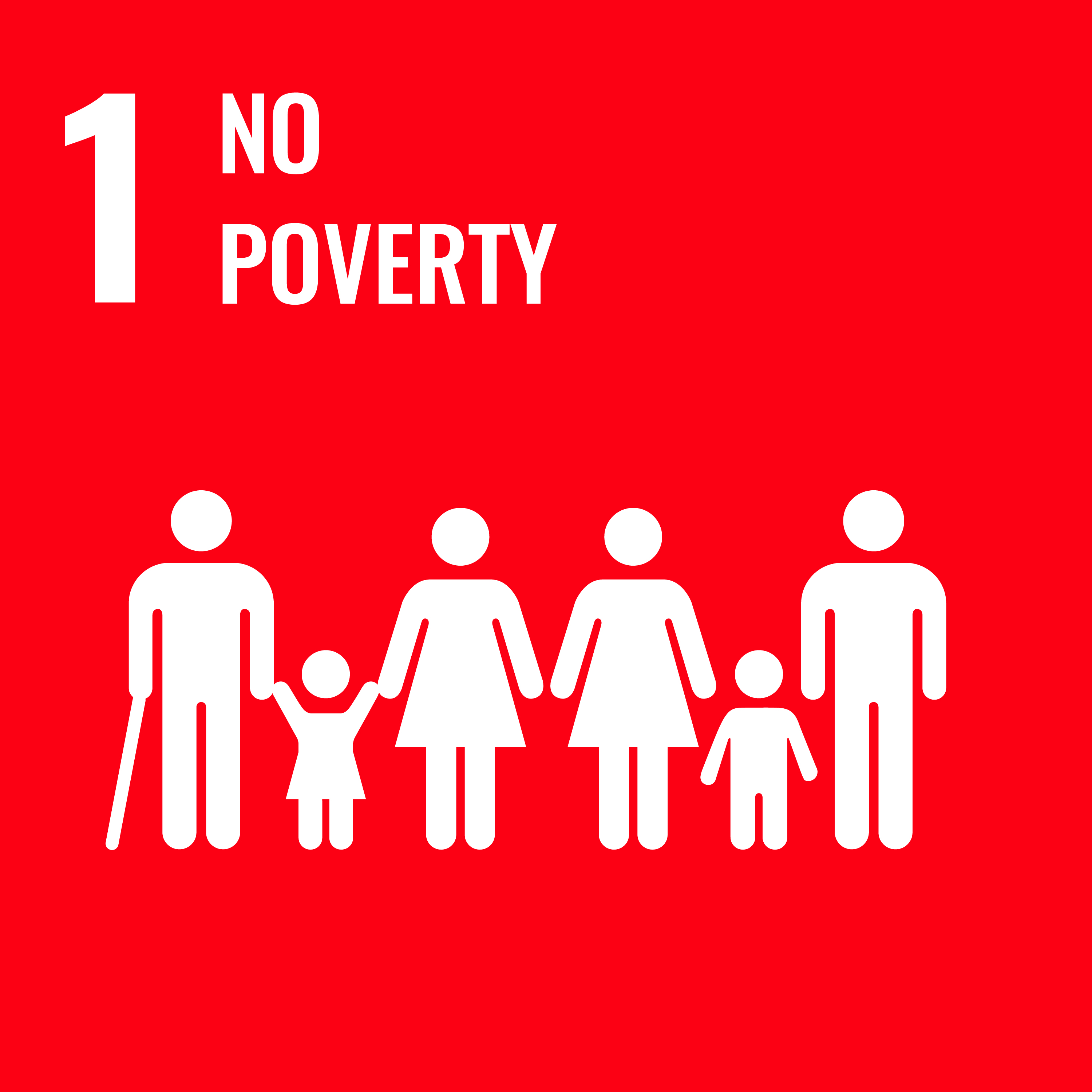 |
No Poverty: Bamboo cultivation and industries provide livelihoods for millions of people in rural areas, helping to alleviate poverty. It offers opportunities for smallholder farmers and artisans to earn a stable income. |
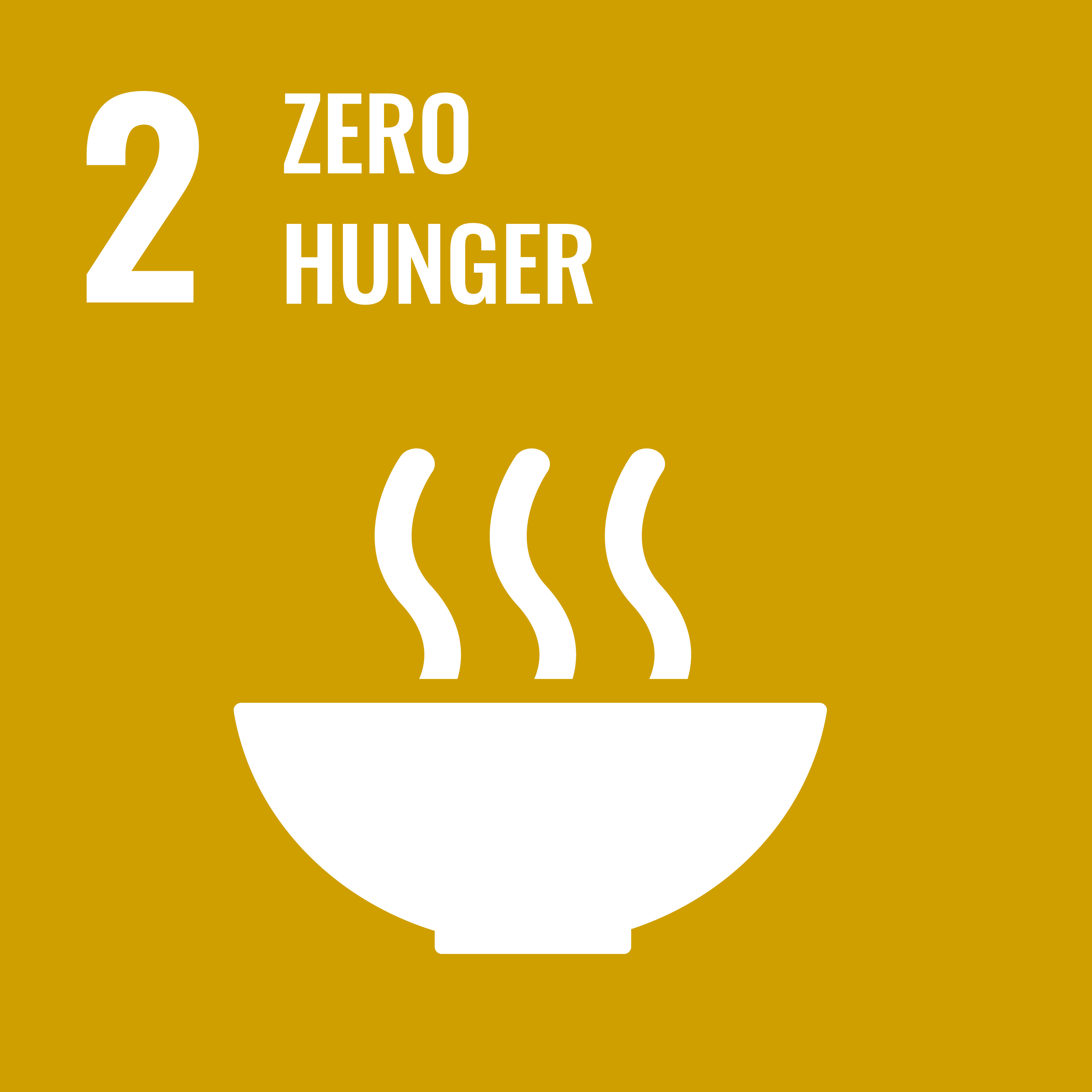 |
Zero Hunger: Bamboo shoots are a nutritious food source, rich in proteins, vitamins, and minerals. They can be a part of sustainable agriculture, contributing to food security and nutrition. |
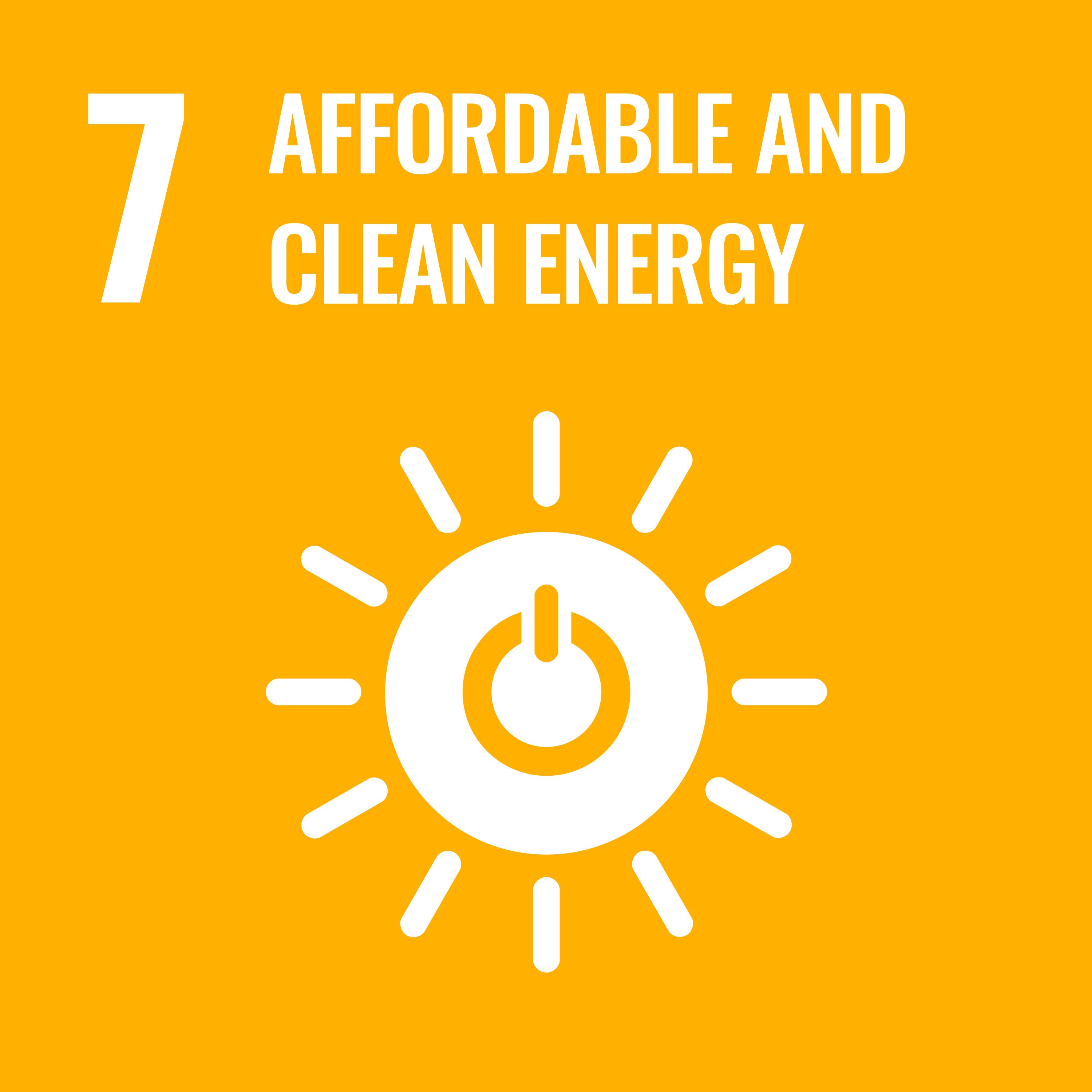 |
Affordable and Clean Energy: Bamboo can be used as a renewable source of bioenergy. It can be converted into charcoal, pellets, and biogas, providing a sustainable alternative to fossil fuels and helping to ensure access to affordable, reliable, and modern energy. |
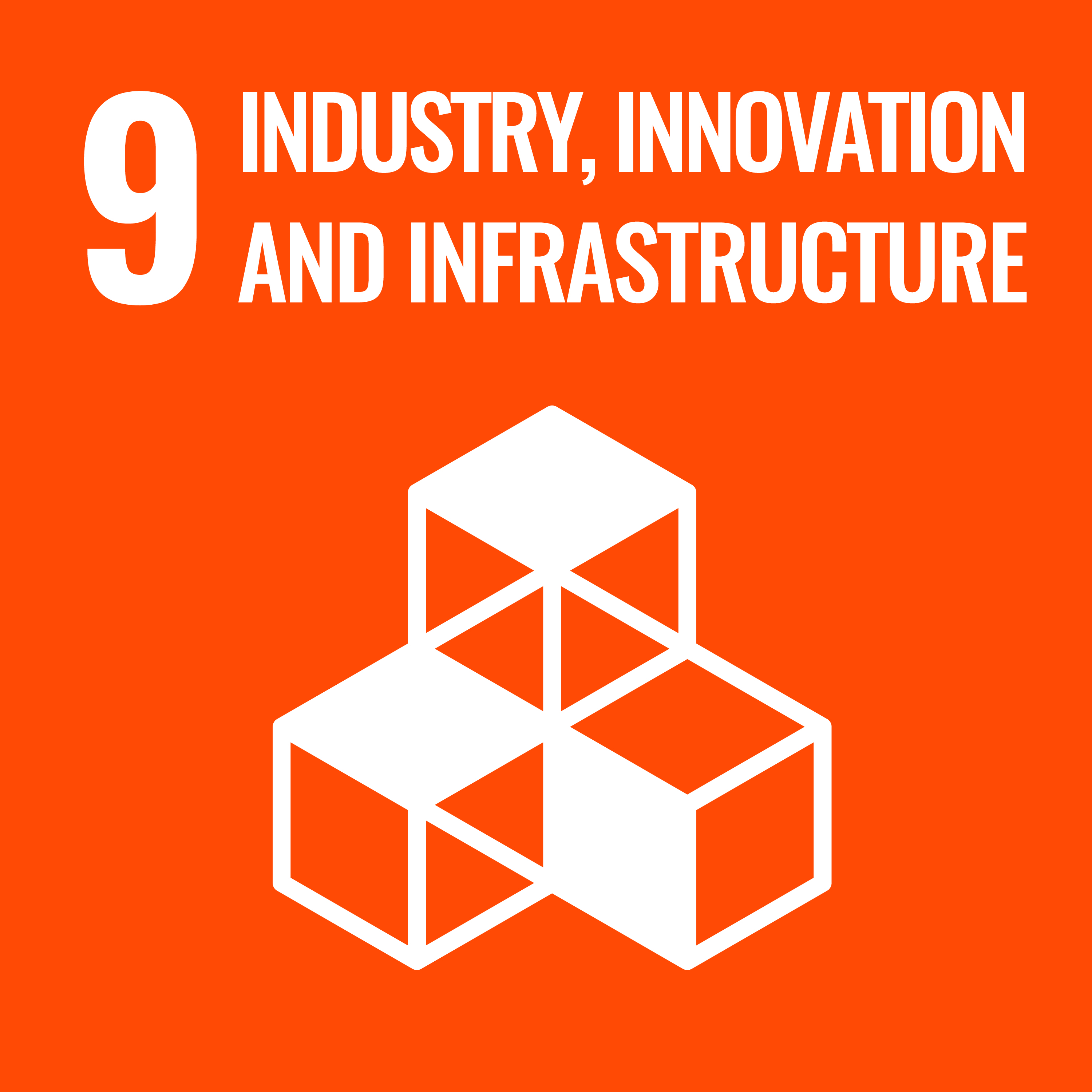 |
Industry, Innovation, and Infrastructure: Bamboo is used in construction, furniture, and various industrial applications. It supports the development of sustainable infrastructure and promotes inclusive and sustainable industrialization. |
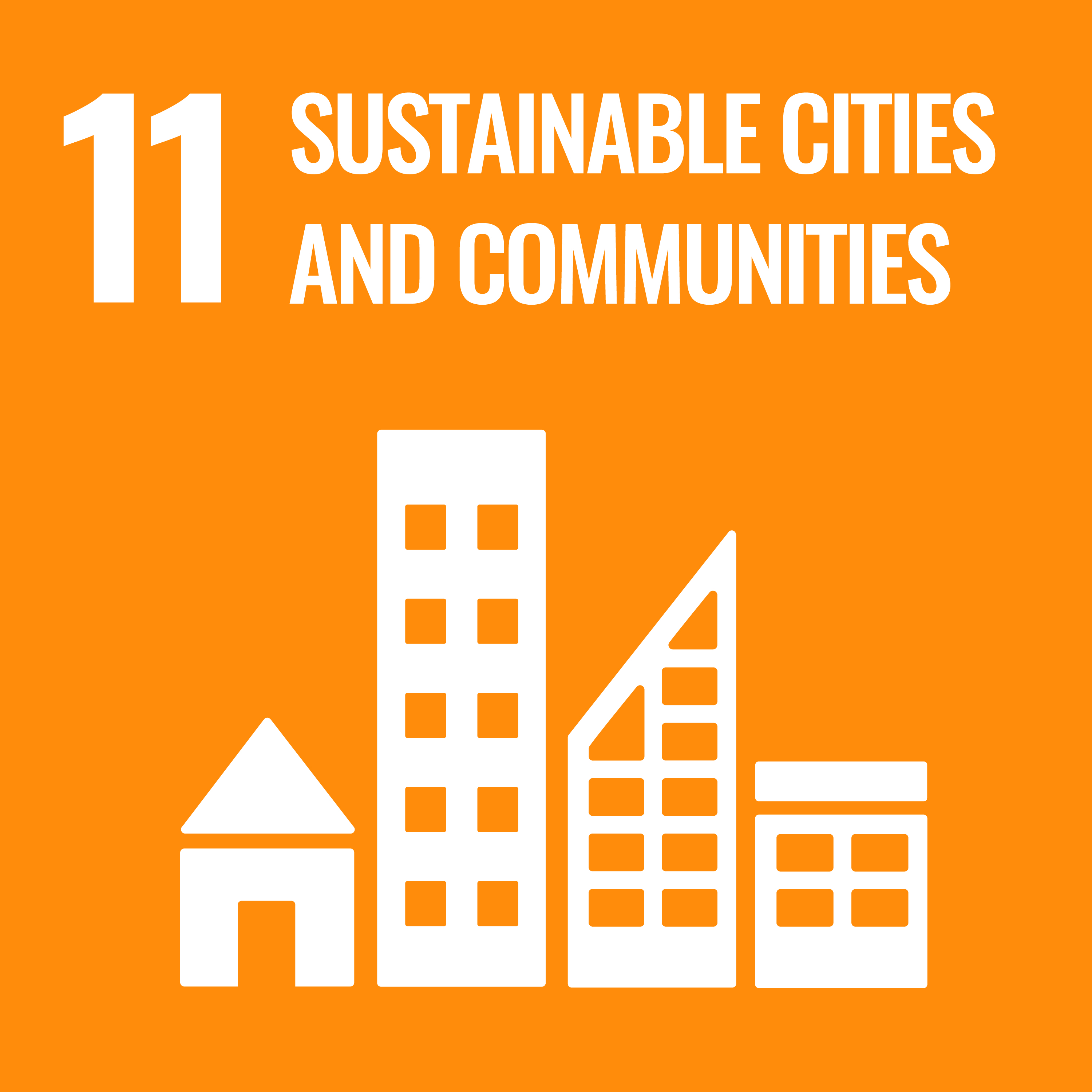 |
Sustainable Cities and Communities: Bamboo-based construction materials can help build affordable and sustainable housing. It is also used in urban landscaping and erosion control, contributing to resilient and sustainable urban development. |
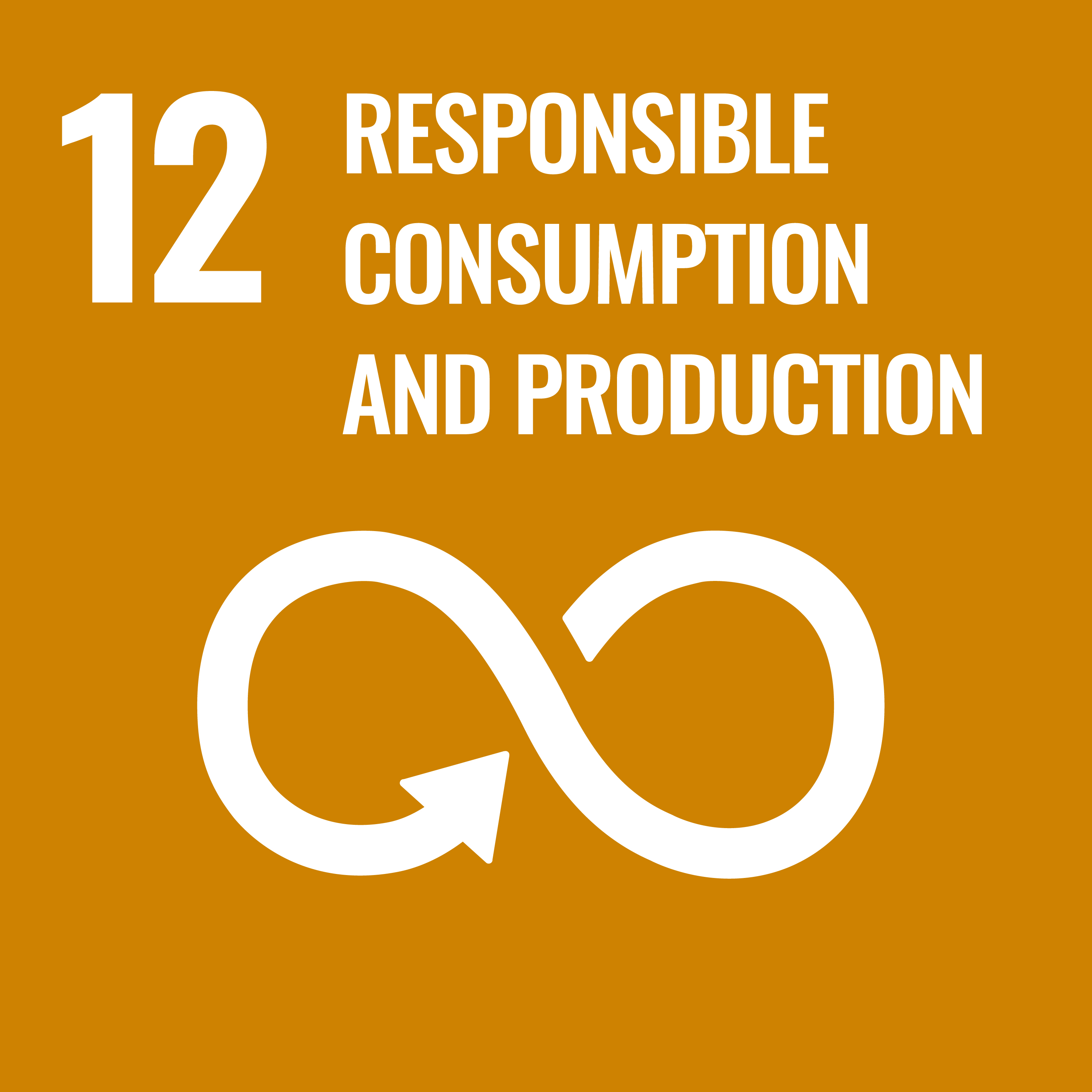 |
Responsible Consumption and Production: Bamboo is a fast-growing, renewable resource that can be harvested sustainably. It supports responsible consumption and production patterns by providing eco-friendly alternatives to plastic, wood, and other non-renewable materials. |
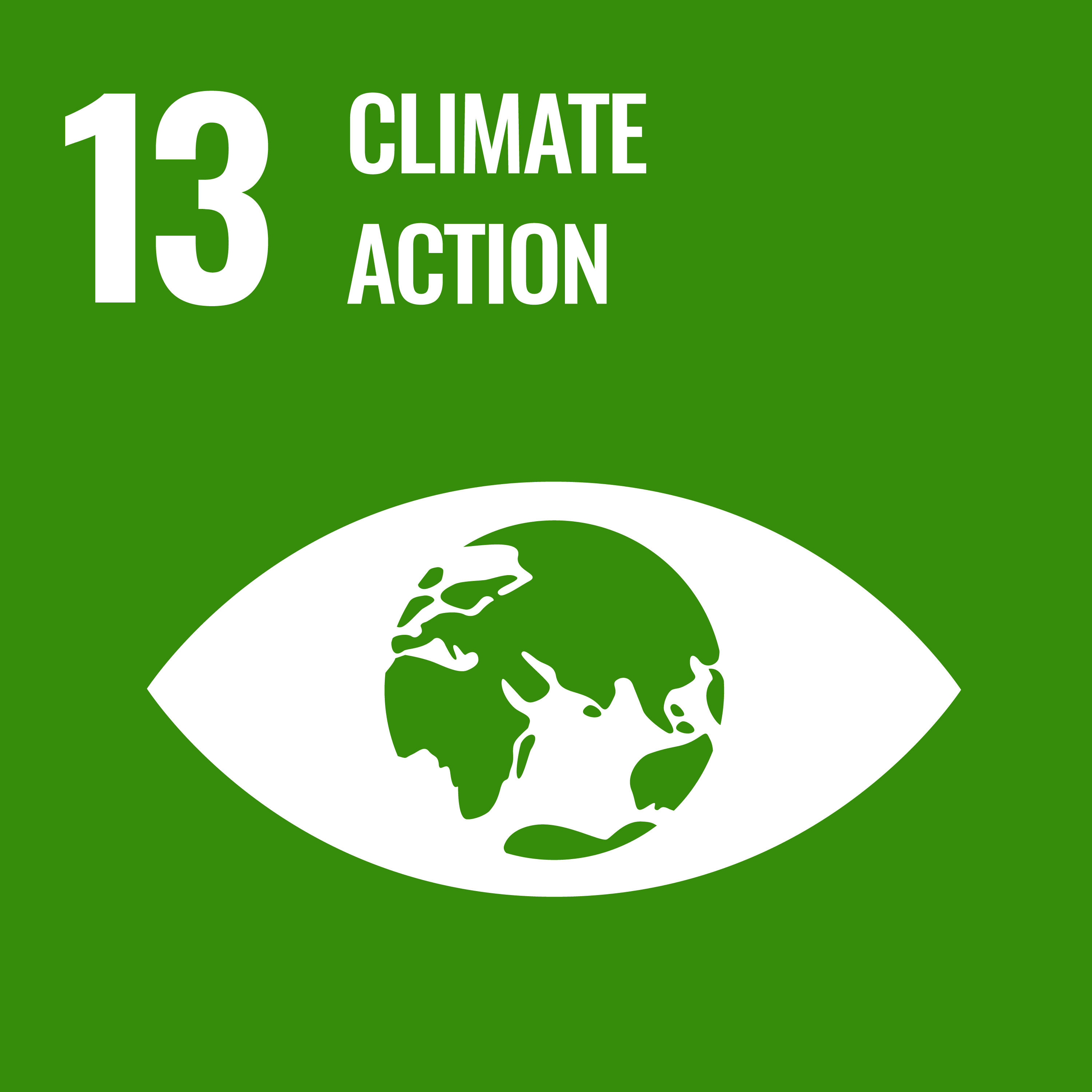 |
Climate Action: Bamboo forests act as carbon sinks, absorbing CO2 from the atmosphere and mitigating climate change. Sustainable bamboo management can enhance resilience to climate impacts and contribute to climate action efforts. |
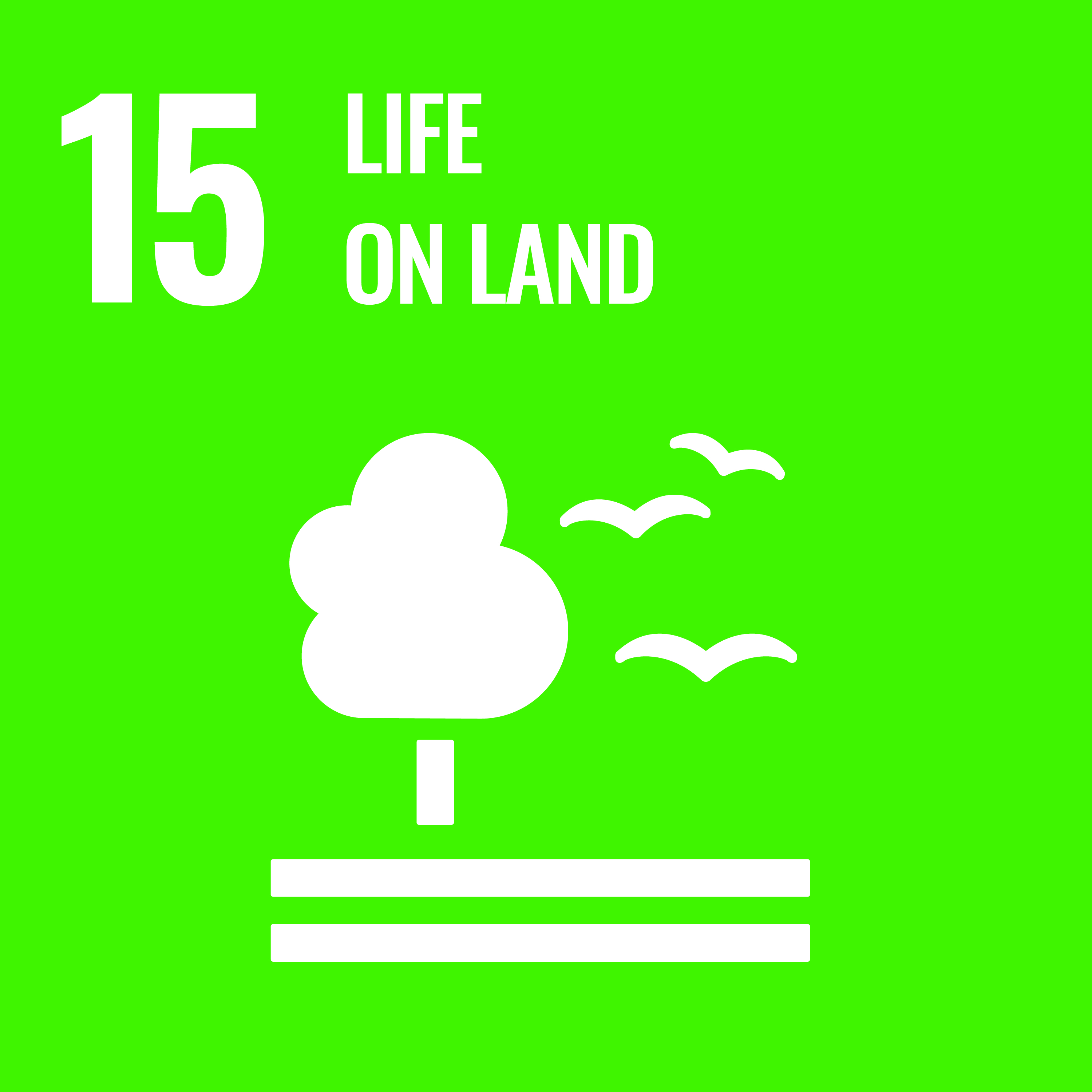 |
Life on Land: Bamboo cultivation supports biodiversity and helps in land restoration. It prevents soil erosion, improves soil health, and provides habitat for various species, contributing to the conservation of terrestrial ecosystems. |
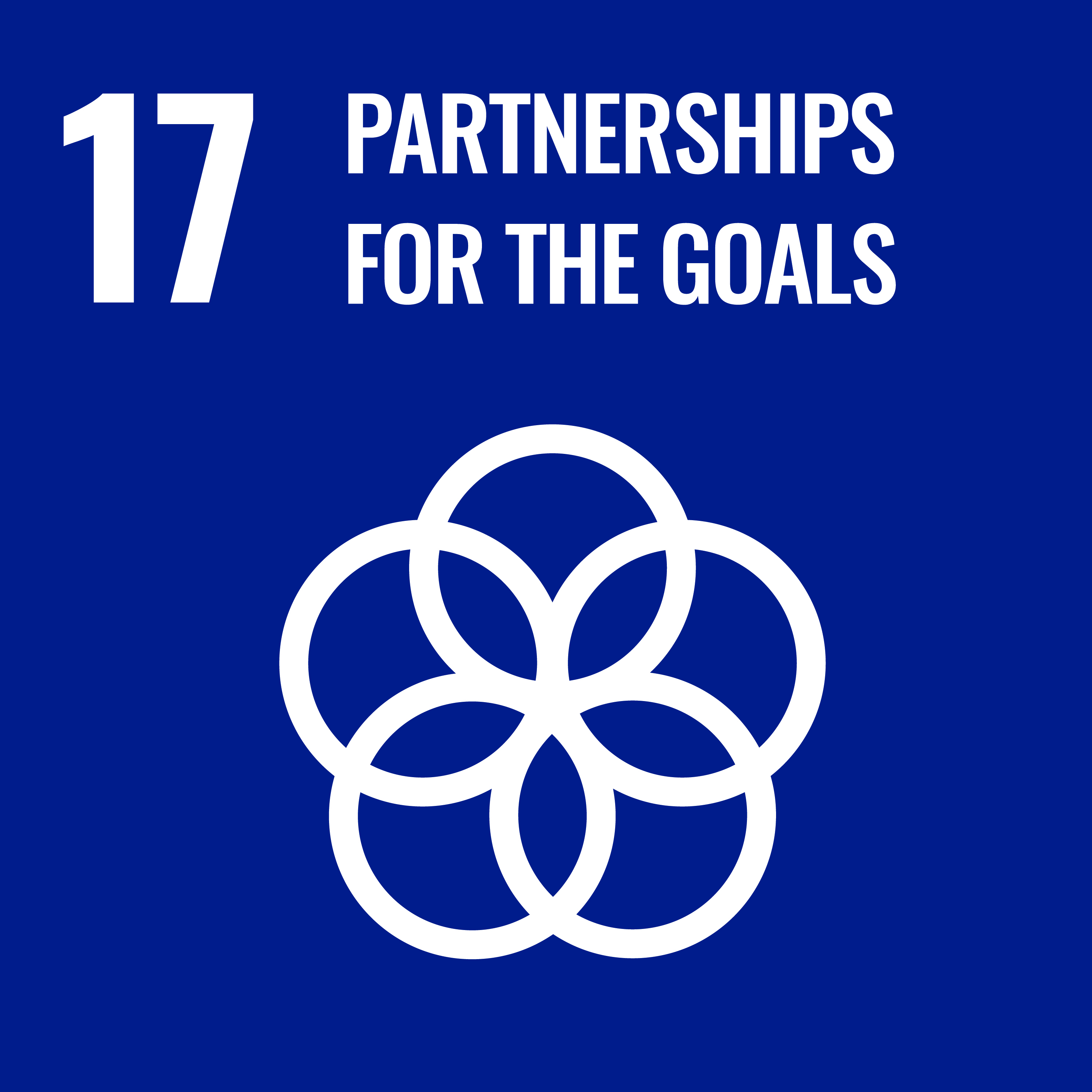 |
Partnerships for the Goals: Bamboo can foster international cooperation and partnerships. Organizations like the International Bamboo and Rattan Organisation (INBAR) promote global cooperation for sustainable development, leveraging bamboo’s potential to achieve the SDGs. |
By integrating bamboo into sustainable development strategies, countries can address multiple SDGs simultaneously, promoting economic growth, environmental sustainability, and social inclusion.
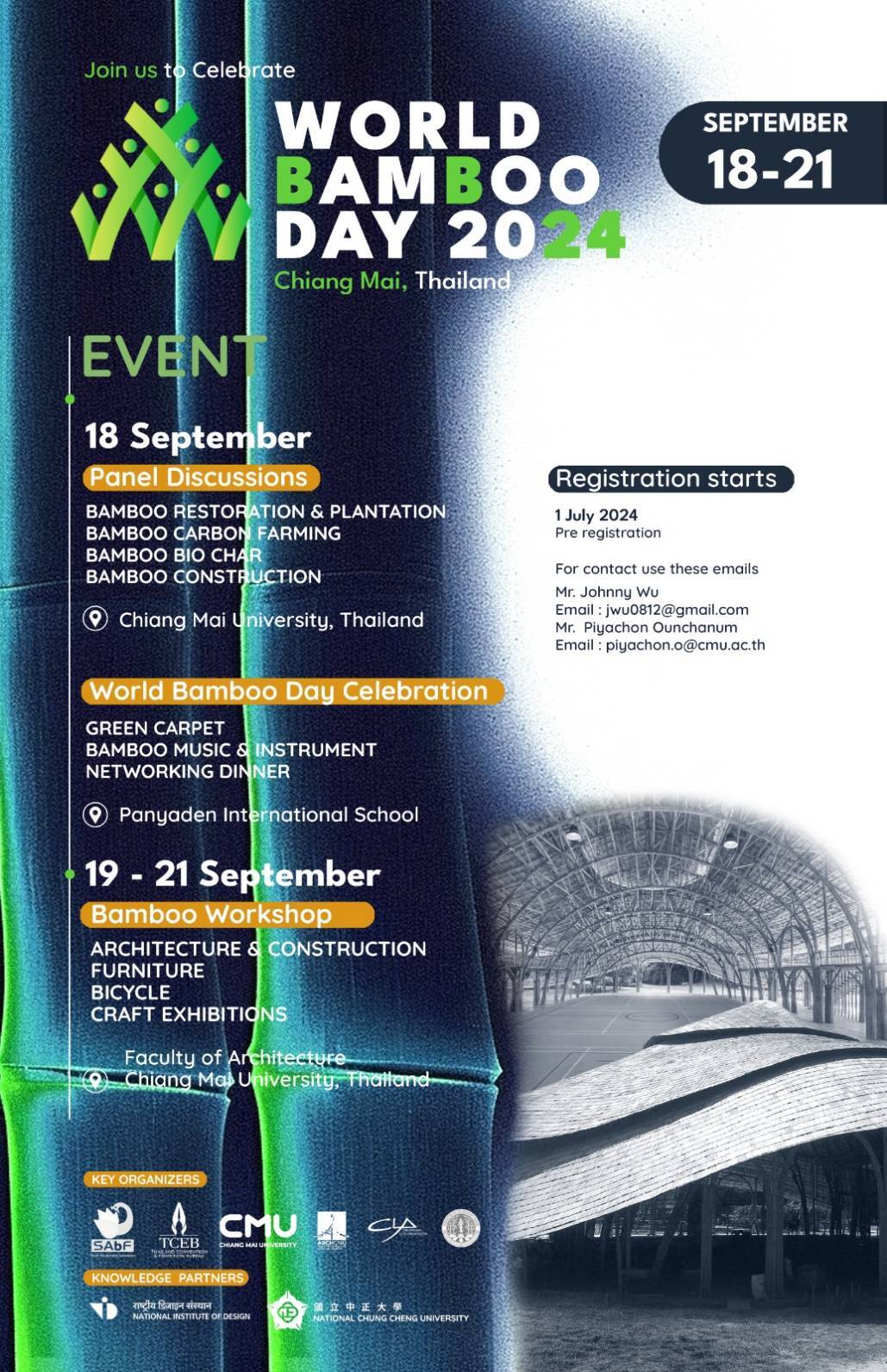
Brief Schedule
Date & Time: September 18 , 2024
|
Panel Discussions: Bamboo restoration & plantation Bamboo carbon farming Bamboo bio char Bambaoo construction |
World Bamboo Day Celebration Green carpet Bamboo music & instrument Networking dinner |
|
Location: Chiang Mai University, Thailand |
Location: Panyaden Ineternational School |
|
Date & Time: September 19 to September 21, 2024 |
|
|
Bamboo Workshop Architecture & construction Furniture Bicycle Craft exhibitions |
|
|
Location: Chiang Mai University, Thailand |
|
Register :
During the four-day event, we will be bringing together several renowned experts from diverse fields related to bamboo construction. From architectural design to engineering innovation, our speakers and instructors are at the forefront of bamboo research and application
You can buy individual tickets for first day (Key event):
Day 1: Wednesday Sept 18th, Seminar at Chiang Mai University and World Bamboo Day Celebration at Panyaden International School- Green Carpet, Bamboo Music and Networking Dinner
Hands-on Workshops :
Day 2: Thursday Sept 19th Workshop-(Architecture /construction/furniture/Bike)
Day 3: Friday Sept 20th Workshop- (Architecture /construction/furniture/Bike)
Day 4 : Saturday Sept 21st Workshop -(Architecture /construction/furniture/Bike)
Field Visit for those not attending workshops - Day 2.
Hotel accommodation with Airport Pick up. (Budget Hotel/star Hotel)
Key Organizer
South Asia Bamboo Foundation (SAbF) Chaing Mai University, Thailand Chiangmai Life Architects/ Chiangmai Life Construction
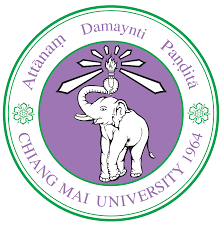

WONGPHAI
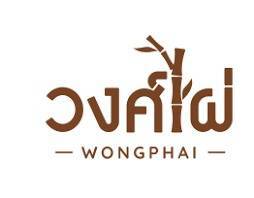
Supporter
Food and Agriculture Organization (FAO)
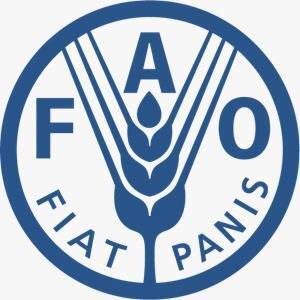
Knowledge Partners /Associates
National Institute of Design (Bamboo Center) National Chung Cheng University

Royal Thai Forest Department, Thailand TCEB, Royal Thai Govt.

.jpeg)
Media Partner

| Pre-Registration | |
|
For more information, please contact following emails: Mr. Johnny Wu jwu0812@gmail.com Mr. PIYACHON OUNCHANUM piyachon.o@cmu.ac.th |
 |

